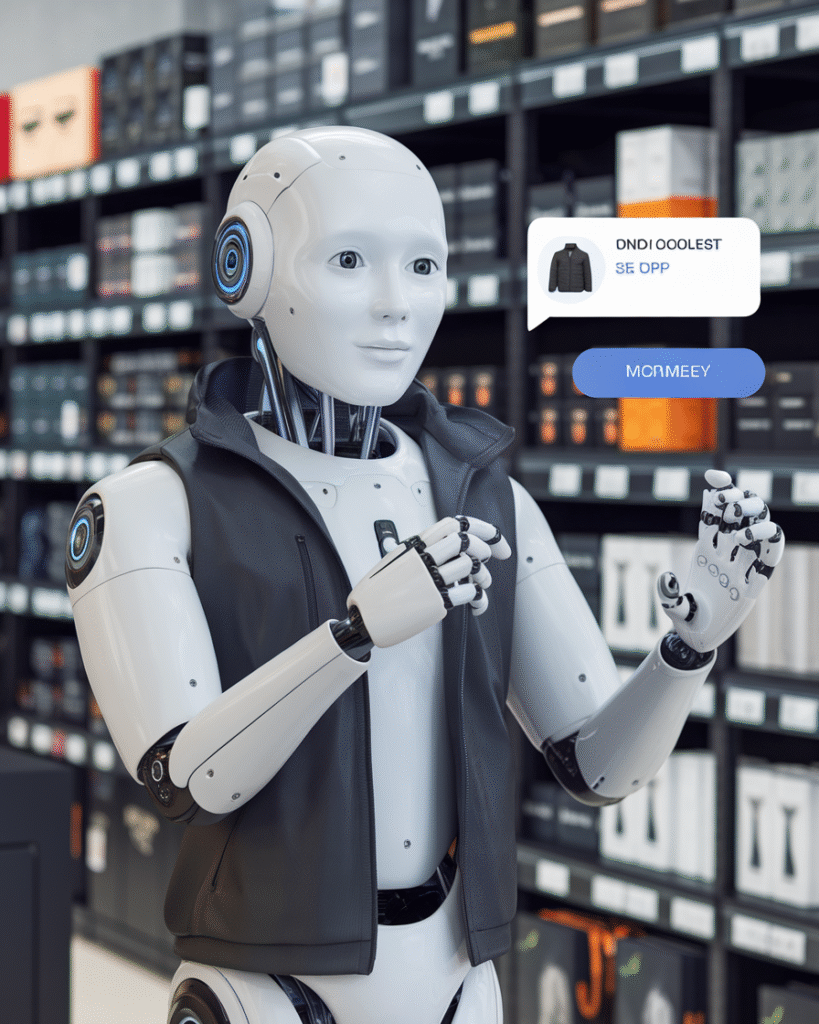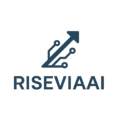Running a small business in 2025 is no small feat. From juggling customer relationships to handling marketing, accounting, and daily operations, the workload can feel overwhelming. That’s where the best AI tools for small business owners step in. These intelligent assistants help streamline tasks, boost productivity, and free up your time so you can focus on growth. In this article, we’ll explore why these tools matter, their benefits, a step-by-step guide to using them, and the latest applications shaping the future of small business.
Why Best AI Tools for Small Business Owners Matter in 2025
AI has evolved from being a “big company advantage” to a must-have tool for small business owners. In 2025, the competitive landscape is faster, leaner, and more digital than ever before. Small businesses that embrace AI tools gain a strategic edge: they can automate repetitive tasks, personalize customer experiences, and scale without needing a large workforce.
With rising costs, tight competition, and consumer demand for efficiency, AI acts like a silent partner—helping you make smarter decisions, run leaner operations, and unlock growth potential that would otherwise be out of reach.
Top Benefits of Best AI Tools for Small Business Owners
Automating Daily Tasks
AI takes care of repetitive work like scheduling appointments, sending invoices, or managing social media posts. For example, tools like Zapier or Notion AI allow you to set up workflows that run in the background, giving you more time to focus on customers.
Smarter Customer Support
With AI chatbots like Intercom or Drift, even small businesses can offer 24/7 customer support. These tools answer FAQs, collect leads, and route complex issues to humans—without needing a large support team.
Cost-Effective Marketing
AI-powered platforms like Jasper and Canva’s Magic Studio help small business owners create high-quality content, ads, and visuals in minutes. This levels the playing field, letting you compete with larger companies at a fraction of the cost.
Data-Driven Decision Making
AI doesn’t just automate—it analyzes. Tools like Tableau or Google Analytics AI insights reveal customer behavior patterns, helping you adjust your products, pricing, or services quickly.
Step-by-Step Guide to Best AI Tools for Small Business Owners
- Identify Bottlenecks – List tasks that consume time but don’t directly generate revenue (e.g., admin work, email responses).
- Choose the Right AI Tool – Match each bottleneck with an AI solution: accounting (QuickBooks AI), marketing (Jasper), scheduling (Calendly AI).
- Start Small – Implement one tool at a time to avoid overwhelm. For instance, begin with an AI social media scheduler before moving to accounting.
- Integrate Across Platforms – Connect tools like Zapier to automate workflows between apps.
- Monitor and Adjust – Track results. If your AI email assistant saves 10 hours a month, expand its role into sales outreach.
- Train Your Team – Teach employees how to use AI effectively so adoption is smooth.
- Scale as You Grow – Once comfortable, explore more advanced tools like predictive analytics or AI-driven CRMs.
Pro Strategies to Maximize Best AI Tools for Small Business Owners
- Customize AI outputs: Don’t rely solely on default settings. Personalize responses, branding, and tone to match your business voice.
- Blend human + AI: Use AI for speed but add human oversight for empathy and creativity.
- Invest in training: Even the best tools won’t help if your team doesn’t know how to use them.
- Stay updated: AI evolves fast—subscribe to newsletters or join forums to discover new features before competitors.
- Avoid tool overload: More isn’t always better. Stick to a few AI platforms that cover the majority of your needs.
7 Trending Applications in 2025 for Best AI Tools for Small Business Owners
AI-Powered Bookkeeping and Tax Prep
Small businesses are saving thousands by using AI accounting software that auto-classifies expenses, predicts cash flow, and preps taxes in real-time. These tools reduce human error, streamline financial reporting, and make tax season far less stressful.

Voice AI Assistants for Hands-Free Operations
From voice-controlled scheduling to AI-driven customer calls, voice assistants are becoming the new business partner. They let owners handle routine tasks while multitasking—whether stocking shelves, meeting clients, or simply driving between appointments.

Hyper-Personalized Marketing Campaigns
AI now tailors campaigns at the individual level—suggesting products, writing emails, and even adjusting offers dynamically. Small businesses can now compete with big brands by delivering marketing that feels personal, relevant, and timely.

AI-Driven Hiring and HR Tools
Recruitment platforms powered by AI are screening resumes, scheduling interviews, and even predicting the best cultural fit. For small business owners, this means less time sorting through applications and more confidence in hiring decisions.

AI Chatbots That Sell
Not just for support—AI chatbots are actively closing sales, upselling products, and guiding customers through checkout. They provide instant recommendations and a seamless shopping experience, which boosts revenue without needing extra staff.

Inventory Management with Predictive AI
AI helps business owners forecast demand, avoid stockouts, and reduce waste by predicting what products will sell and when. This keeps inventory lean, improves cash flow, and ensures customers always find what they need.

AI for Business Strategy and Forecasting
Advanced AI tools are now simulating market scenarios, analyzing risks, and predicting opportunities. Small businesses can use this to test strategies before committing resources, making planning smarter and safer.

Conclusion – Bringing Best AI Tools for Small Business Owners Into Your Life
The best AI tools for small business owners are no longer optional—they’re the secret weapon for staying competitive in 2025. From automating tasks to scaling marketing and forecasting growth, AI empowers small businesses to achieve more with less. The question isn’t whether to adopt AI, but how fast you can integrate it into your daily workflow. Start small, stay consistent, and watch your business transform.
FAQs About Best AI Tools for Small Business Owners
Q1: Are AI tools affordable for small businesses?
Yes. Many AI platforms now offer affordable monthly plans designed for small teams, often starting at less than the cost of hiring one part-time employee.
Q2: Can AI replace employees in a small business?
AI enhances productivity but doesn’t replace the human touch. The best results come from combining AI efficiency with human creativity and empathy.
Q3: What’s the easiest AI tool to start with as a small business owner?
Most owners find social media schedulers or AI-driven accounting tools the simplest starting point, since they provide immediate time savings.
Q4: How secure are AI tools for small businesses?
Reputable AI tools use encryption and comply with global data protection standards. Always choose platforms with strong security certifications.
Q5: Do I need technical skills to use AI tools?
No. Most modern AI platforms are user-friendly, with drag-and-drop interfaces and guided setup processes.



